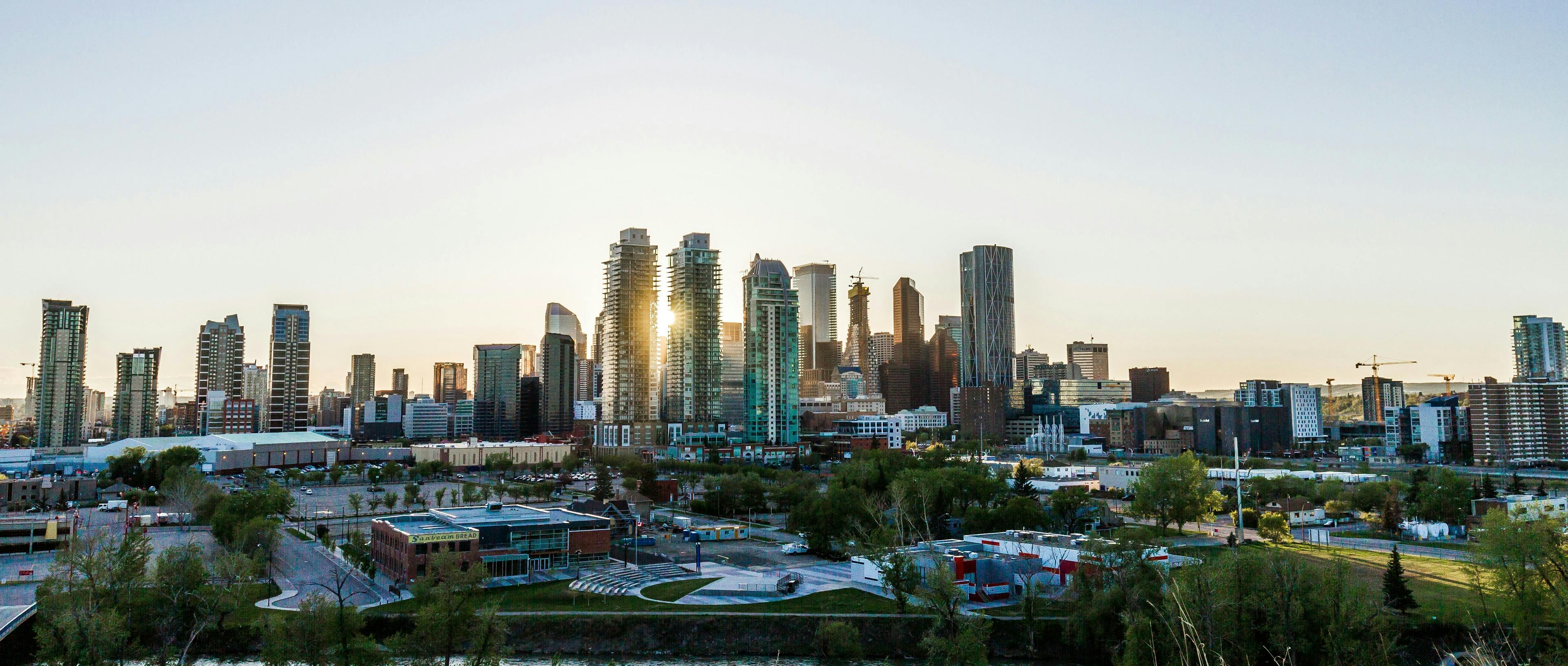Promoting shared leadership
Engaging voices of people with lived experience in poverty
Focusing on dignity of all
Increasing multi-sectoral engagement
Employing trauma-informed approaches
Mobilizing awareness and empathy of inter-generational trauma
Reducing racism and discrimination and promoting diversity in our practices
Offering relevant, accessible and timely services and supports
Implement the 94 calls to action of the Truth and Reconciliation Commission

